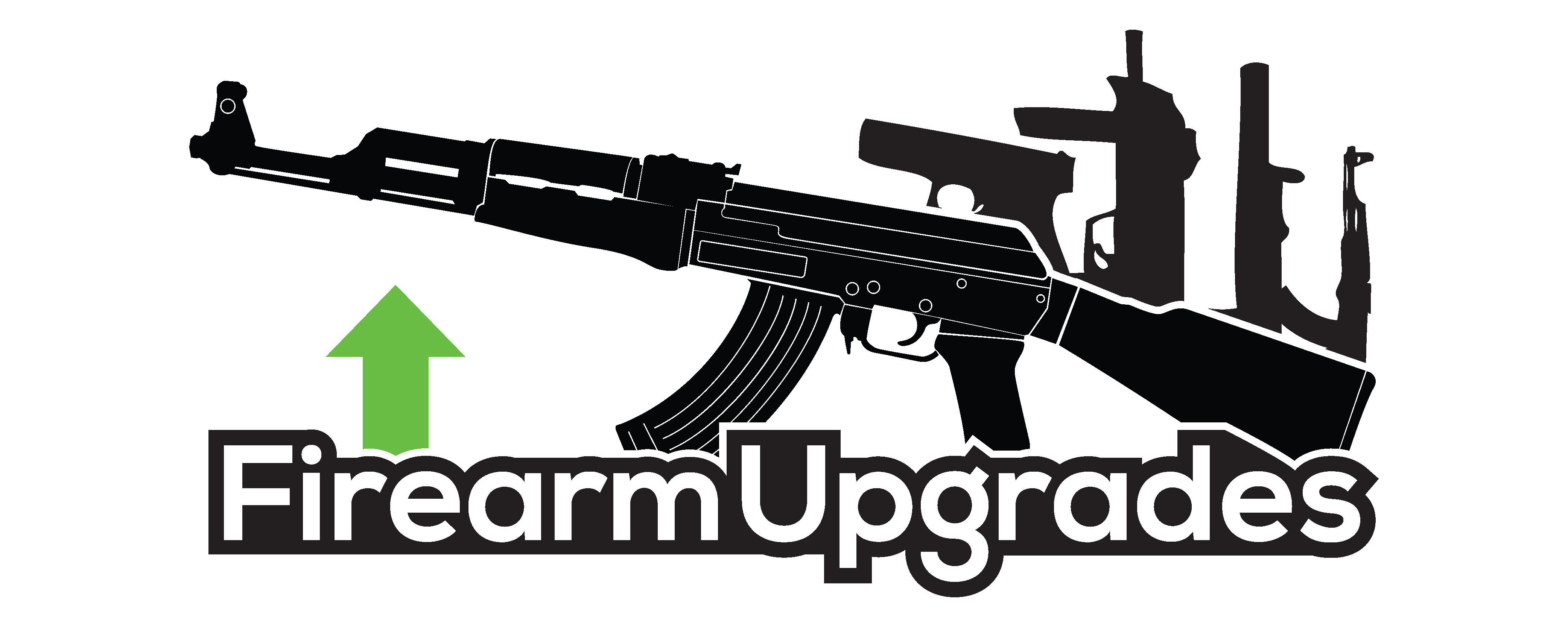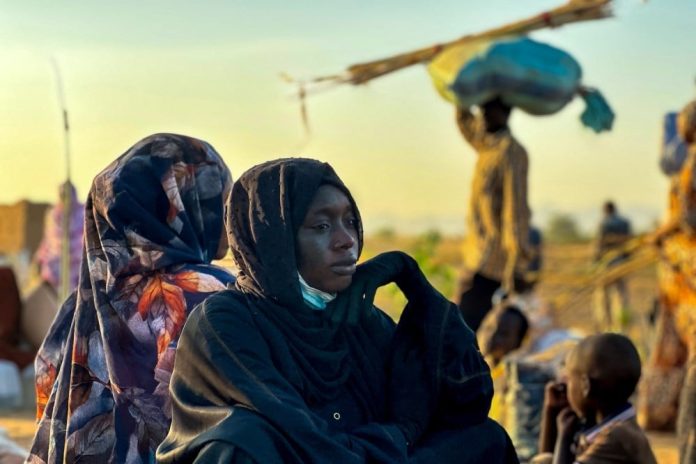As we write, a massacre without precedent is taking place in Sudan’s North Darfur region, and it is somehow being met with near-total international indifference.
After its takeover of El Fasher in Darfur last month, the Rapid Support Forces (RSF) militia has undertaken a genocidal campaign of door-to-door mass executions, targeting unarmed non-Arab civilians. The scale of killing is so shocking that pools of what may be blood are observable from space, as captured by satellite imagery analysis. An estimated 2,000 civilians were killed within the first 48 hours of the takeover alone.
As we write, a massacre without precedent is taking place in Sudan’s North Darfur region, and it is somehow being met with near-total international indifference.
After its takeover of El Fasher in Darfur last month, the Rapid Support Forces (RSF) militia has undertaken a genocidal campaign of door-to-door mass executions, targeting unarmed non-Arab civilians. The scale of killing is so shocking that pools of what may be blood are observable from space, as captured by satellite imagery analysis. An estimated 2,000 civilians were killed within the first 48 hours of the takeover alone.
On Oct. 28, the RSF went straight for the last remaining hospital in the city, going ward by ward, allegedly hunting and killing 460 patients, doctors, and staff in a matter of hours, according to the World Health Organization.
The RSF has consistently left mass graves in its wake, including in Khartoum Bahri and Omdurman, where more than 1,000 bodies were discovered after the RSF withdrew from those areas. And its commanders and fighters have been clear about their intent to destroy non-Arab civilians. In the lead-up to taking El Fasher, victims heard radio calls from leaders to “wipe out all the Zaghawa, those falangay,” meaning “slaves.”
During the massacres in recent days, Human Rights Watch documented a video in which one RSF fighter declared, before executing a victim pleading for his life, that “I will have no mercy on you … we are here to kill.”
What we know so far about the extent of atrocities and death toll in El Fasher only scratches the surface. As the RSF cut off all communications from the city in the leadup to the takeover, information is limited to brazen RSF footage depicting evidence of the militia’s mass murder and celebration of its crimes. Around 200,000 civilians are still trapped in the city, and there are hundreds of thousands more at risk who are sheltering in the nearby town of Tawila and across the bordering state of North Kordofan.
All options must be on the table to protect them and fulfill the promise of “never again.” States must target and sanction the RSF’s leadership and supply line—as well as the group’s powerful enablers abroad.
The final phase of genocide does not happen overnight. The same way that the Holocaust did not begin with the gas chambers, the Rwandan genocide with the 100-day unceasing mass killing, or the Srebrenica genocide with the mass execution of Bosniak Muslim men and boys, there are always warning signs along the way.
In El Fasher, the writing was on the wall for more than two years. The international community has known about the nature of the RSF, formerly the janjaweed, going back two decades to the first Darfur genocide of the 21st century, making the failure to act now even more unconscionable.
In a November 2023 open letter signed by more than 100 world-leading atrocity prevention experts, we sounded the alarm on the risk of genocide “approaching a point of no return.” The letter emphasized the particularly catastrophic situation looming in El Fasher. There was no debate among experts about what the RSF would do upon taking the city. In fact, the signatories determined back then that there was a “serious risk” of genocide, which triggers the duty to prevent atrocities under international law.
Instead of intervening, the international community allowed the RSF to spend 18 months besieging and constructing a berm around the city, making it impossible to escape the 7-square-mile area inside. Resistance, too, is futile, with communities in El Fasher decimated after months of RSF siege, shelling and the resulting starvation and disease conditions. No one is spared—not women, children, the injured, or the elderly. The horrors now unfolding should disabuse any illusions about what the RSF will do if it continues to pursue other areas of Darfur, such as the places where displaced people have fled.
The RSF could not carry out its mass killing without the backing of the United Arab Emirates. The UAE has provided the RSF with the arms, finances, and political cover needed to commit this genocide. The UAE denies that it is involved and says it supports no party in what it characterizes as a war between the Sudanese Armed Forces and the RSF.
Yet according to U.S. intelligence, in the lead-up to the El Fasher takeover, the Emiratis ramped up cargo flights transferring advanced drones, heavy weaponry, vehicles, mortars, and ammunition to the RSF.
The UAE is also doing the RSF’s bidding in multilateral forums. It has reportedly undermined efforts to secure humanitarian reprieve for El Fasher while maintaining a seat at the Sudan Quad, the main group of external states—comprising the United States, Egypt, Saudi Arabia, and the UAE—supposedly working on a diplomatic resolution. Just last month, the UAE reportedly vetoed a Quad statement opposing the withdrawal and lifting of the RSF siege on El Fasher. (The UAE says it supports an “immediate cease-fire.”)
Meanwhile, the U.N. Security Council, an institution entrusted with safeguarding international peace and security, has not only failed to take any measures—other than two empty resolutions—but is also implicated in the atrocities as well. The five permanent members maintain close defense and security partnerships with the UAE. U.S. military technologies, British-manufactured arms, Chinese weapons and drones, Russian arms, and French weapons and technologies have all been identified in the conflict, being used by the RSF.
History teaches us that RSF fighters and their senior leadership will eventually be tried for genocide and other atrocities. But that will not rescue the communities that are vulnerable to mass killing today. Diplomats should be pushing for an international mechanism designated to protect civilians, although there is little reason for optimism given the U.N. Security Council power dynamics and failure to act during the 18 months of the RSF’s siege on El Fasher.
Crucially, though, the RSF leadership still depends on legitimacy to survive. Even now, in the aftermath of irredeemable depravity and destruction, the head of the RSF—Mohamed Hamdan Dagalo, known as “Hemeti”—is trying to save face by signaling to the international community that there will be an investigation into the mass killing by his troops.
While the world cannot be deceived by a lead perpetrator masking the crimes of his fighters, it should use his quest for legitimacy as a pressure point to isolate the RSF and its backers. The ICC should consider issuing arrest warrants for leaders suspected of complicity in genocide and other atrocities. And relevant national authorities should request issuing Interpol red notices to arrest suspected perpetrators and do everything they to pressure the UAE to end the carnage today. If Group of Seven countries can impose a ban on Russian gold imports in response to Russia’s war of aggression in Ukraine just four months in, then they can certainly impose similar measures on the UAE—or freeze Emirati assets—to stop an ongoing genocide.
The path towards accountability is clear-cut. The United States has intercepted a direct line of communication between Hemeti and Emirati leaders, including Sheikh Mansour bin Zayed Al Nahyan, who controls a $330 billion sovereign wealth fund. The United States, its allies, and international stakeholders should target the high-profile assets, funds, and ventures under Emirati leaders’ control, including central bank assets, the national oil company, sovereign wealth funds, superyachts, and soccer team Manchester City FC.
And the United States should condition Emirati business interests on cutting ties with the RSF. There is no room for business as usual.
This final phase of genocide in Darfur cannot be stopped by mere condemnations, empty statements, or negotiating with the genocidaires. It only ends when tangible actions are taken to disrupt their capacity to kill.

